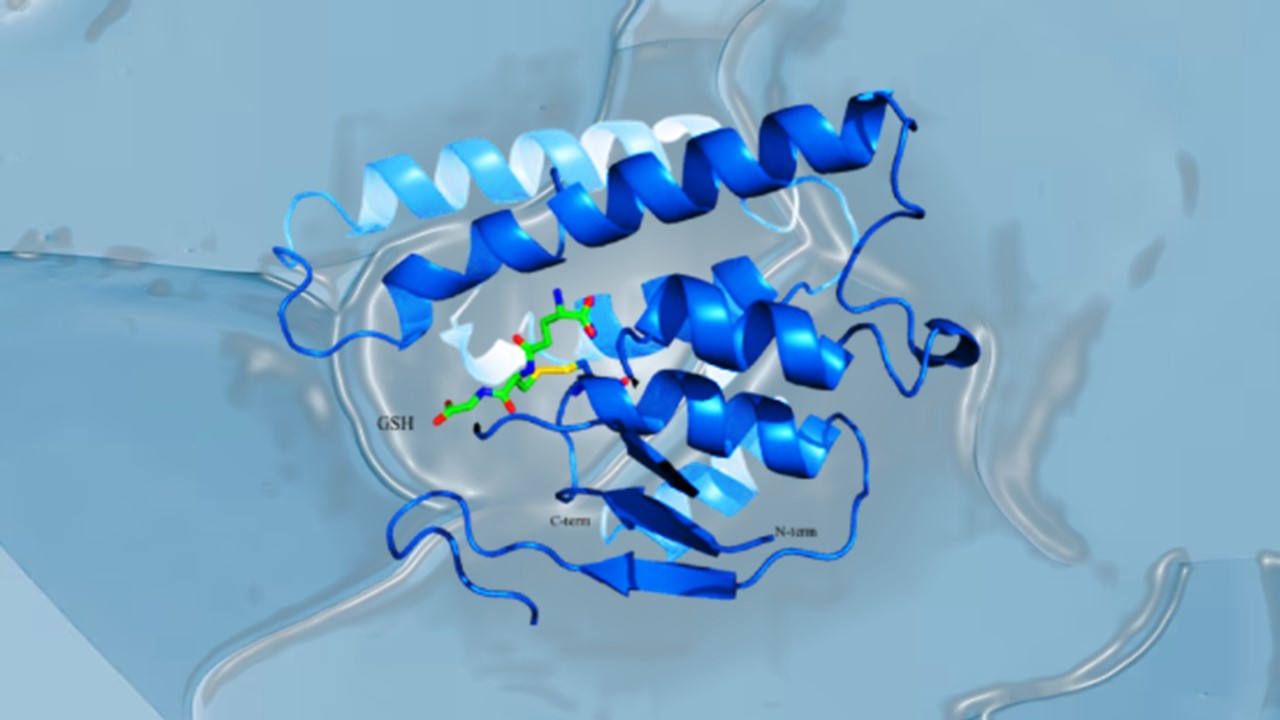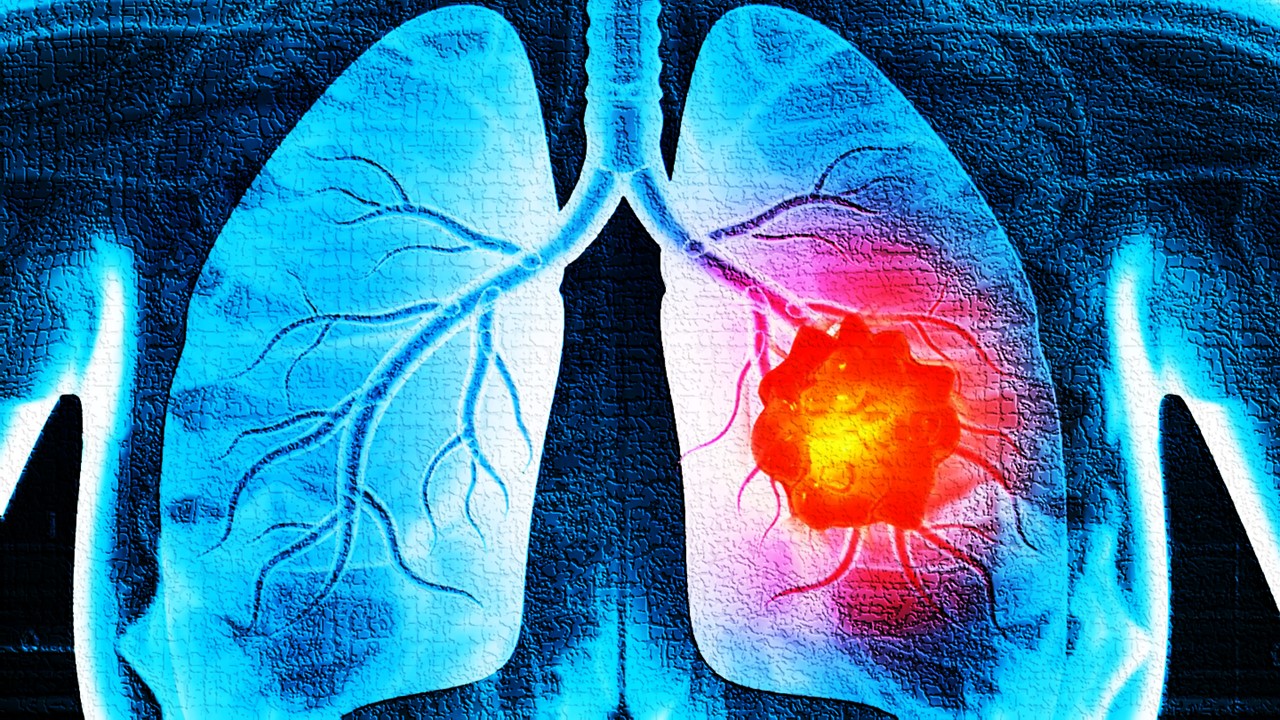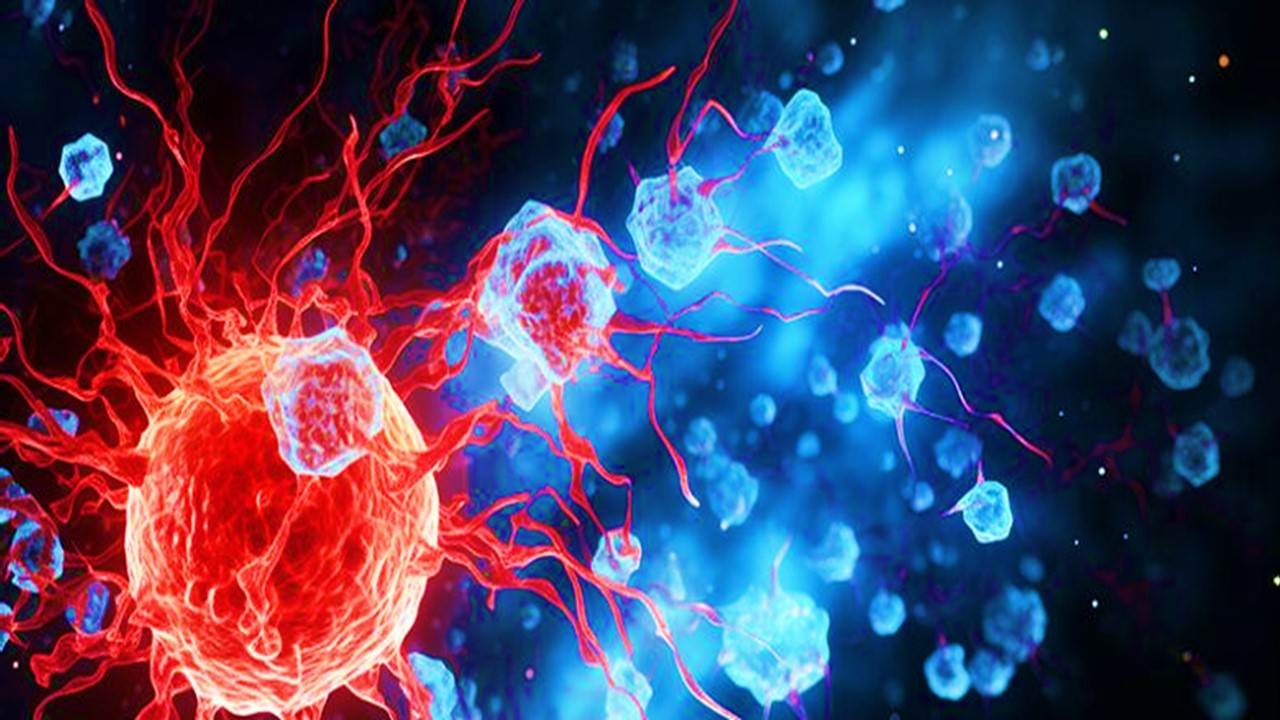The human microbiome, which outnumbers human cells by a factor of 10 to 1, has become the focus of research across nearly every area of medicine – from nutrition to its far-reaching effects on mental health. As our awareness of the organisms we provide an ecosystem for increases, so does the place of prominence they should rightly occupy in our endeavours to better improve our lives. This is also true of cancer – the microbiome has been linked to both tumour promoting and suppressing processes. Novel research also positions it as a possible source of biomarkers for multiple tumours and therapies targeting them – we will explore these here.
The Microbiome
The microbiome is made up of all microbes – including fungi and viruses, but most importantly bacteria – inhabiting the human body. The majority of these are found on the skin, the digestive system and reproductive organs. Some of the best characterized functions of the microbiome involve immune system regulation, outcompeting or neutralizing disease-causing pathogens, digestion and vitamin synthesis. But their interactions with their human hosts do not end there; gut microbiota are frequently included in the Gut-Brain Axis and have been implicated in effects as far reaching as mood, tissue lipid content, metabolic disorders and systemic inflammation. This could make the microbiome relevant to a broad range of conditions – from depression to autoimmune disorders.
Microbiomes and Tumorigenesis
With the far-reaching, although subtle, impact of the microbiome having been well-documented, its implication in cancer biology may seem nearly inevitable. There are already multiple well-documented links between microbes and cancer, including viruses and bacteria which can directly contribute to, or cause cancer, such as:
- Helicobacter pylori, linked to esophageal adenocarcinoma and gastric lymphomas or adenocarcinomas
- Human herpesvirus 8, linked to Kaposi’s sarcoma
- Human immunodeficiency virus, linked to Kaposi’s sarcoma and lymphomas
- Hepatitis B and C viruses, linked to hepatocellular carcinomas and lymphomas
- Human Papillomavirus, linked to anogenital and oropharyngeal carcinomas
The oncogenic effects of infection by such microorganisms are well documented. Research on microbes that are thought to be more commensal, but may cause cancer through less direct effects, is a topic that has recently gained traction. Multiple correlations have been observed between the presence of specific microbial species and cancer incidence, hinting at the interplay between the two. For example, Enterococcus faecalis and Escherichia coli have been linked to increased levels of inflammation and DNA damage in the intestine, through the production of Hydrogen sulfide, oxygen free radicals and, in the case of E.coli, Polyketide synthase enzymes. These effects are all linked to cancer promotion, and the detection of higher numbers of such microbes in cancer patients corroborates these findings.
These findings can also be linked directly to dietary habits. Extensive research studies have established clear links between consuming a high fat diet and increased risk of gastrointestinal cancers. The link between the two is the microbiome that is promoted by a diet that is high in fats; a fat-rich diet promotes the growth of bile-resistant bacteria, while lowering the levels of Firmicutes bacteria which flourish on plant polysaccharides. Other research has also demonstrated the tumorigenic effects of high-sugar diets, as well as the positive, tumour suppressive effects of high-fiber diets.
Beyond Gastrointestinal Cancers
The implications go beyond gastrointestinal tumours however. Microbiome dysbiosis, defined as the decrease in diversity of microbiome species and the flourishing of pro-inflammatory microbes, has also been correlated to breast cancer. This could be due to the effect of the gastrointestinal microbiome on estrogen production, with microbiome diversity shown to influence estrogen metabolism in postmenopausal women. The breast microbiomes also showed stark differences between cancer patients and control groups, reinforcing the tumorigenic effects of microbiome dysbiosis.
Microbiome health has also been implicated in brain cancer, shown to be able to promote or suppress cancer proliferation through the production of either pro-inflammatory or anti-inflammatory metabolites. It has also been shown that certain gut bacteria can induce the differentiation of myeloid-derived suppressor cells into mature myeloid cells, which has a net anticarcinogenic effect. Their ability to affect amino acid metabolism and nitric oxide has also shown correlations with oncolytic and oncogenic activity in the brain, a prime example of the far-reaching effects of the gut microbiome.
The Microbiome and Cancer Treatments
The microbiome can have wide-ranging effects on tumour microenvironments, particularly with their involvement in inflammatory metabolic processes such as the production of cytokines. While the full breadth of the interactions of the microbiome with the immune system is too extensive to accurately describe in this article, the ways this can be exploited are promising for the future of oncology. As described above, the microbiome can provide a non-invasive biomarker that can shed light on multiple angles of a tumour’s biological processes – if properly understood.
Additionally, the interplay between cancer and our microbial flora can also be exploited to our advantage. Probiotic treatments not only have the potential to lessen the risk of cancer, but they can also contribute to the effect of other treatments in breast, colorectal and liver cancer while also providing tumour-suppressive effects of their own. Ensuring a healthy microbiome also has a drastic impact on procedures that affect the immune system altogether – such as hematopoietic stem cell transplantation to treat various blood cancers, or immunotherapy-induced microbiome dysbiosis. This is particularly important when treatments are accompanied by antibiotics which can devastate microbial diversity. Fecal matter transplantation is proposed as a viable treatment to restore a healthy microbiome and prevent pro-inflammatory strains that are antibiotic resistant from persisting after treatment.
The Complex Microbiome
The microbiome has far-ranging consequences on the entirety of human health, and all stages of cancer biology. From inflammation, tumour suppression or promotion, to its metabolic and immunomodulating effects, the microbiome has significance for all angles of diagnosing and treating cancer. A deeper understanding of our microbial flora will be necessary for our fight against cancer, and holds potential for future interventions to prevent and suppress disease.
Join Proventa International’s Oncology Strategy Meeting in London to hear cutting-edge insights on the role of the microbiome in modern oncology, as well as insights from the wider field and the paths to its future. The Strategy Meeting aims to facilitate roundtable conversations on the most trending topics in oncology, paving the way for collaborations that will be key to future innovation.

Subscribe
to get our
LATEST NEWS
Related Posts

Immunology & Oncology
The Silent Guardian: How GAS1 Shapes the Landscape of Metastatic Melanoma
GAS1’s discovery represents a beacon of hope in the fight against metastatic disease.

Immunology & Oncology
Resistance Mechanisms Unveiled: The Role of Glutathione S-Transferase in Cancer Therapy Failures
Understanding this dual role of GSTs as both protectors and accomplices to malignancies is central to tackling drug resistance.
Read More Articles
Myosin’s Molecular Toggle: How Dimerization of the Globular Tail Domain Controls the Motor Function of Myo5a
Myo5a exists in either an inhibited, triangulated rest or an extended, motile activation, each conformation dictated by the interplay between the GTD and its surroundings.
Designing Better Sugar Stoppers: Engineering Selective α-Glucosidase Inhibitors via Fragment-Based Dynamic Chemistry
One of the most pressing challenges in anti-diabetic therapy is reducing the unpleasant and often debilitating gastrointestinal side effects that accompany α-amylase inhibition.













